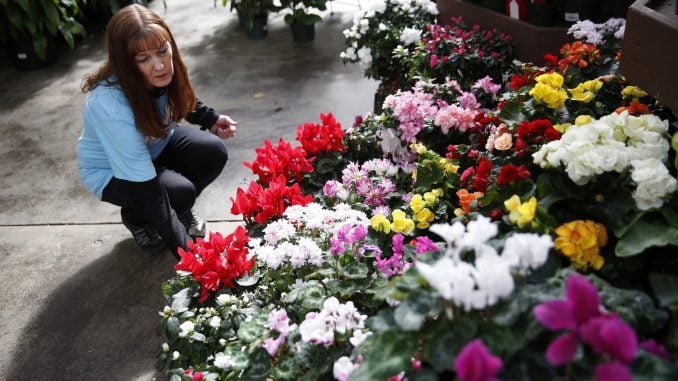
“ ‘You are not a kitten. You are not a hen. You are not a dog. You are not a cow. You are not a boat, or a plane, or a Snort! You are a bird, and you are my mother,’ said the baby bird.” – P. D. Eastman
Over the years I can remember countless women who have impacted my life. These women have joyfully taken on “mothering” roles alongside my own mother, and have contributed beauty, goodness and truth to my life. P.D. Eastman’s book “Are you my Mother?” refers to a little bird’s biological mother, but unlike birds, humans are relational by nature and mothering can come in many different forms.
Every year on the second Sunday in May since 1907, Americans have celebrated “Mother’s Day.” Mother’s Day founder, Anna Jarvis, believed a mother is “the person who has done more for you than anyone in the world.”
“Mother” by definition is defined as “a woman who offers affection, care and protection.” And understood broadly, expanding the title of motherhood to others who offer wisdom, love and support doesn’t lessen the importance, sacrifice and love of a biological mother.
While genetically our biological mothers contribute half of our DNA at conception, and our biological fathers the second half, science now tells us that the genetic bond between mother and child does not end at conception. Interestingly, it has been proven that mother and babies continue to share each other’s cells throughout pregnancy. Almost from conception, there is a continuous two way flow of cells containing DNA as they continuously transverse the placenta and enter the mother’s blood flow. While most cells are destroyed by the mom’s immune system, science has shown that some persist and become embedded in the mother’s organs and can live on for months and even decades after delivery. The mother’s cells have also been found to continue in the baby’s blood and developing child. In one study, more than half of adults still had maternal cells in their blood.
This fact should be particularly comforting to those mothers who have lost a child. Mother’s Day can be quite difficult for these mothers as they remember their loss and the pain cannot be diminished no matter how much time has passed. Furthermore, for many single women and women who cannot have children, Mother’s Day can be deeply sad, perhaps a reminder of one’s loss or something they have never experienced.
While this does not fully heal these heartaches, I believe the call of voluntary mothering is a beautiful gift to children of any age. The physical demand of motherhood can be greatly enriched by the support of women who are willing to come alongside them as mothers as their children grow. Voluntary mothering perhaps supports new life with loving guidance as children pursue their dreams and grow in spiritual maturity. The world is infinitely more beautiful when it bears witness to all kinds of mothers, both biological and supportive, and it is important to consider them with equal celebration on Mother’s Day.
Growing up in the small town of Mayodan, North Carolina, I was one among hundreds of children who considered Fred and Louise Bailey to be local celebrities. Furthermore, I was incredibly fortunate as a child that they attended my church. In fact, it was every child’s goal to turn 10 years old just so that they would finally be eligible to sit at Fred and Louise’s table during our weekly youth group. Sadly, the Bailey’s did not have children of their own and while my young mind did not consider this fact until I was much older, upon reflection that childless void, while difficult, gave them the opportunity to welcome more children than they could’ve ever hoped for into their home and ultimately into their hearts.
As a very impatient child I decided I was not going to wait to sit at their table. Undeterred at the age of seven I invited myself home with them one day after church. Little did they know that my one-time, self-driven invitation would become a weekly Sunday occurrence over the next decade of my life. Not only did I stay for Sunday lunch, I made it imminently known I would be at their doorstep soaking in their presence until my parents insisted I come home. Louise made it her mission to share her faith with me as we crafted and cooked all things southern. To this day, I am known for my collard greens as a result of Louise’s instruction. She taught me the gift of hospitality which has been part of my lifestyle as I’ve invited children of all backgrounds into my home for meals or an encouraging life conversation.
She also taught me to suffer well. There were only a few times that I sensed her sadness in not having children of her own. However, she chose daily to transform her sorrow into joy as she welcomed children like me into her home. When I lost my first daughter halfway through pregnancy I named her Louise knowing that my sweet friend Louise would be at heaven’s gates to welcome and mother her. There’s not a day that I do not think of Louise as I mother my own two daughters and as I lovingly continue to welcome others into my home and life.
So on this Mother’s Day, let us celebrate all women who mother and who truly make a difference in the lives of those who are in need of support, protection and most of all love.
